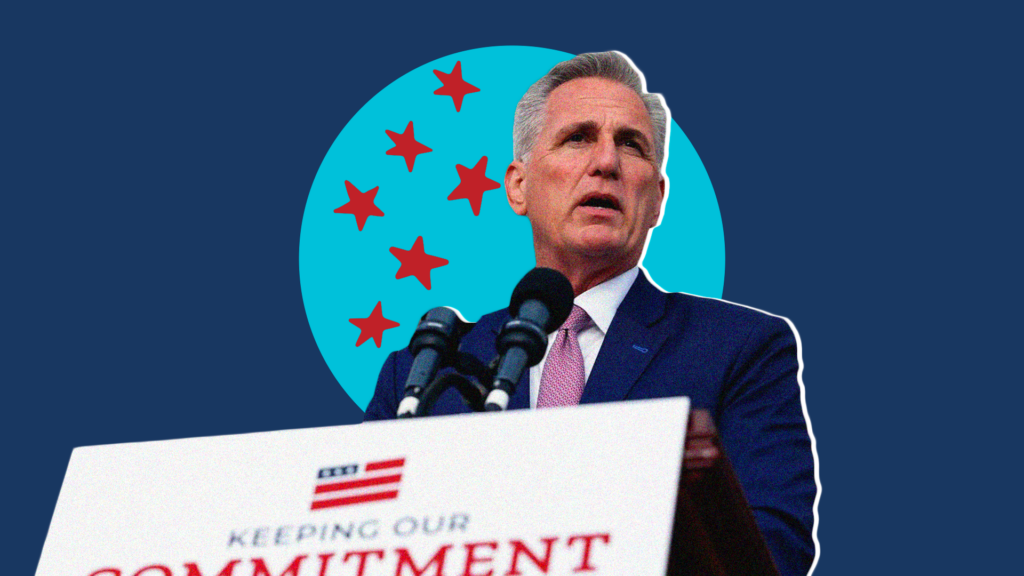The Tax Code Should Not Subsidize High Tax Burdens in Blue States
The discussion inside Congress to eliminate the state and local tax deduction is a welcome path to sustainable tax reform that doesn’t fuel deficits. Its repeal would provide breathing room for pro-growth reforms like lower corporate tax rates, fewer income brackets, and overall simplicity.
The deduction lowers individual federal tax liabilities by excluding income taxed by states and localities, a benefit of which 88 percent goes to people with incomes of $100,000 or more. But queasy blue state Republicans want this $1.3 trillion revenue loss over 10 years to subsidize their tax-happy policies at home, threatening a cornerstone Republican campaign promise: reducing burdens on the middle class and job creation.
Rep. Tom MacArthur (R-NJ), formerly a co-chairman of the leftist Republican Tuesday Group, said, “I’m going to fight this [state and local tax deduction repeal] out and hopefully have success in getting it restored.” Members like Rep. MacArthur represent high income, blue state constituencies that overwhelmingly benefit from itemized deductions at the expense of average Americans.
It’s easy to see why blue state Republican lawmakers love this deduction. Blue states overwhelmingly benefit from the state and local tax deduction because they have high state and local taxes. California and New York claim 32.9 percent of all state and local tax deductions while these states only hold rough 18 percent of the country’s population.
Meanwhile, Texas gets bilked while claiming only 3.2 percent of these deductions for 8 percent of the US population. Red states with lower taxes shoulder a distortedly larger federal tax burden because of this deduction. It’s a subsidy for high tax policies. The chart below displays how state and local deduction payoffs expand exponentially for liberal states.
The impact of repealing state and local tax deductions will benefit the middle class thanks to the new standard deduction expansion. Under the tax reform framework rolled out last week, the standard tax deduction grows from $6,000 to $12,000. Average annual state and local tax deductions [don’t exceed](https://taxfoundation.org/state-and-local-tax-deduction-primer/) this $6,000 expansion for individuals making $100,000 or less. The average annual state and local tax deduction is $3,195 for individuals earning $50,000 to $100,000 and $1,650 for individuals earning $30,000 to $50,000.
Most Americans will see their paycheck expand, potentially growing the number of people who pay zero income taxes. Plus, only 30 percent of Americans itemize their tax deductions, most of whom are higher income earners.
Under the framework, the federal government will stop subsidizing liberal tax-and-spend policies for high income earners. Instead, people living in blue states who itemize their deductions will pay their “fair share,” of taxes, a buzzword for Democrats. Paying your fair share means that high income people can’t write off the cost of their local governments at the expense of everyone else. High taxes at home are no excuse for lessening your federal responsibilities, nor are they an excuse for a federal subsidy.
Under the framework, the middle and lower classes benefit while the special interests of a few high-tax, high-income communities lose. Maybe now that liberals have to pay for their big government expansions will they advocate for lower taxes, less government, and more freedom.



